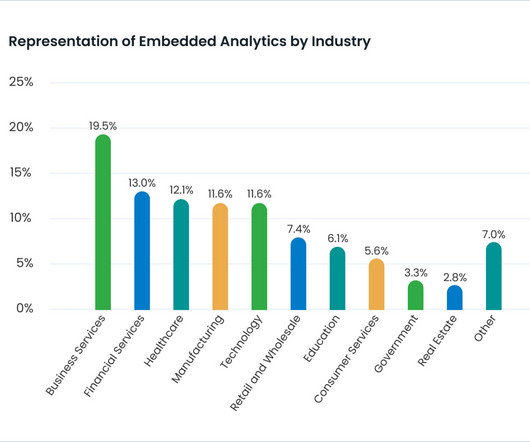Data science vs data analytics: Unpacking the differences
IBM Big Data Hub
SEPTEMBER 19, 2023
Though you may encounter the terms “data science” and “data analytics” being used interchangeably in conversations or online, they refer to two distinctly different concepts. For example, retailers can predict which stores are most likely to sell out of a particular kind of product.














Let's personalize your content